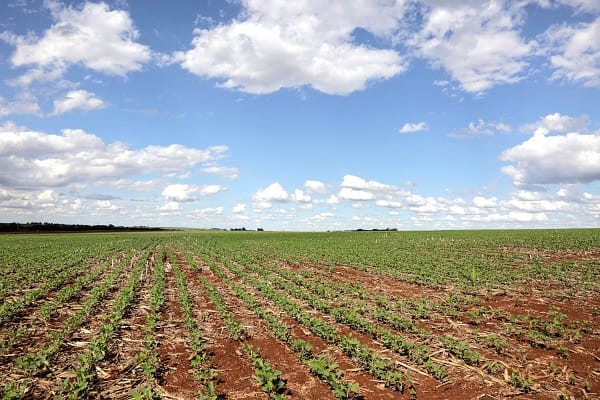In the realm of finance and investing, the term “commodity market” often arises, but what exactly does it entail? To demystify this concept, let’s delve into the intricacies of commodity markets, their function, significance, and how they impact global economies.
Commodity markets serve as platforms for trading raw materials or primary agricultural products. These goods, known as commodities, are homogeneous in nature, meaning they are virtually identical regardless of their source of production. Examples of commodities include crude oil, gold, silver, wheat, corn, coffee, and cotton.
The primary purpose of commodity markets is to facilitate the exchange of these goods between producers, consumers, and investors. Producers, such as farmers and mining companies, use commodity markets to sell their products and hedge against price volatility. Consumers, on the other hand, utilise these markets to purchase commodities for consumption or production purposes. Meanwhile, investors engage in commodity trading to speculate on price movements and diversify their investment portfolios.
ChAI, experts in AI-powered raw material market intelligence, commodity pricing, forecasts, and insurance, provide valuable insights and data analysis for participants in commodity markets, helping them make informed decisions and mitigate risks associated with price fluctuations.
Commodity markets can be broadly categorised into two main types: physical markets and derivatives markets. In physical markets, actual commodities are bought and sold, with transactions involving the physical delivery of the goods. For instance, in the agricultural sector, farmers may sell their crops directly to buyers in physical markets.
On the other hand, derivatives markets involve trading financial instruments whose values are derived from the underlying commodities. Derivatives allow investors to speculate on commodity prices without owning the physical goods. Common derivative instruments in commodity markets include futures contracts, options, and swaps. These instruments provide investors with opportunities to hedge against price fluctuations or profit from market movements.
One of the key characteristics of commodity markets is their susceptibility to supply and demand dynamics, geopolitical factors, weather conditions, and global economic trends. For instance, changes in weather patterns can affect agricultural production, leading to fluctuations in crop prices. Similarly, geopolitical tensions in major oil-producing regions can impact crude oil prices, influencing the entire commodity market ecosystem.
The interconnectedness of commodity markets with various sectors of the economy makes them essential components of global trade and commerce. Commodities serve as the building blocks of industrial processes, agricultural production, and consumer goods manufacturing. As such, fluctuations in commodity prices can have far-reaching implications for businesses, governments, and consumers worldwide.
Commodity markets also play a vital role in price discovery and risk management. Price discovery refers to the process by which market participants determine the fair market value of commodities based on supply and demand dynamics, as well as other factors. This information is crucial for decision-making by producers, consumers, and investors.
Risk management is another important function of commodity markets, particularly for producers and consumers looking to mitigate price risks. Hedging strategies, such as futures contracts, allow participants to lock in prices for future delivery, thereby protecting themselves against adverse price movements. For example, a wheat farmer may enter into a futures contract to sell their crop at a predetermined price, safeguarding against potential declines in wheat prices.
Commodity markets serve as vital hubs for the trading of raw materials and agricultural products, facilitating transactions between producers, consumers, and investors. These markets play a crucial role in global trade, price discovery, and risk management, impacting economies and industries worldwide. Understanding the dynamics of commodity markets is essential for businesses, investors, and policymakers seeking to navigate the complexities of the global economy.
The above information does not constitute any form of advice or recommendation by London Loves Business and is not intended to be relied upon by users in making (or refraining from making) any finance decisions. Appropriate independent advice should be obtained before making any such decision. London Loves Business bears no responsibility for any gains or losses.








